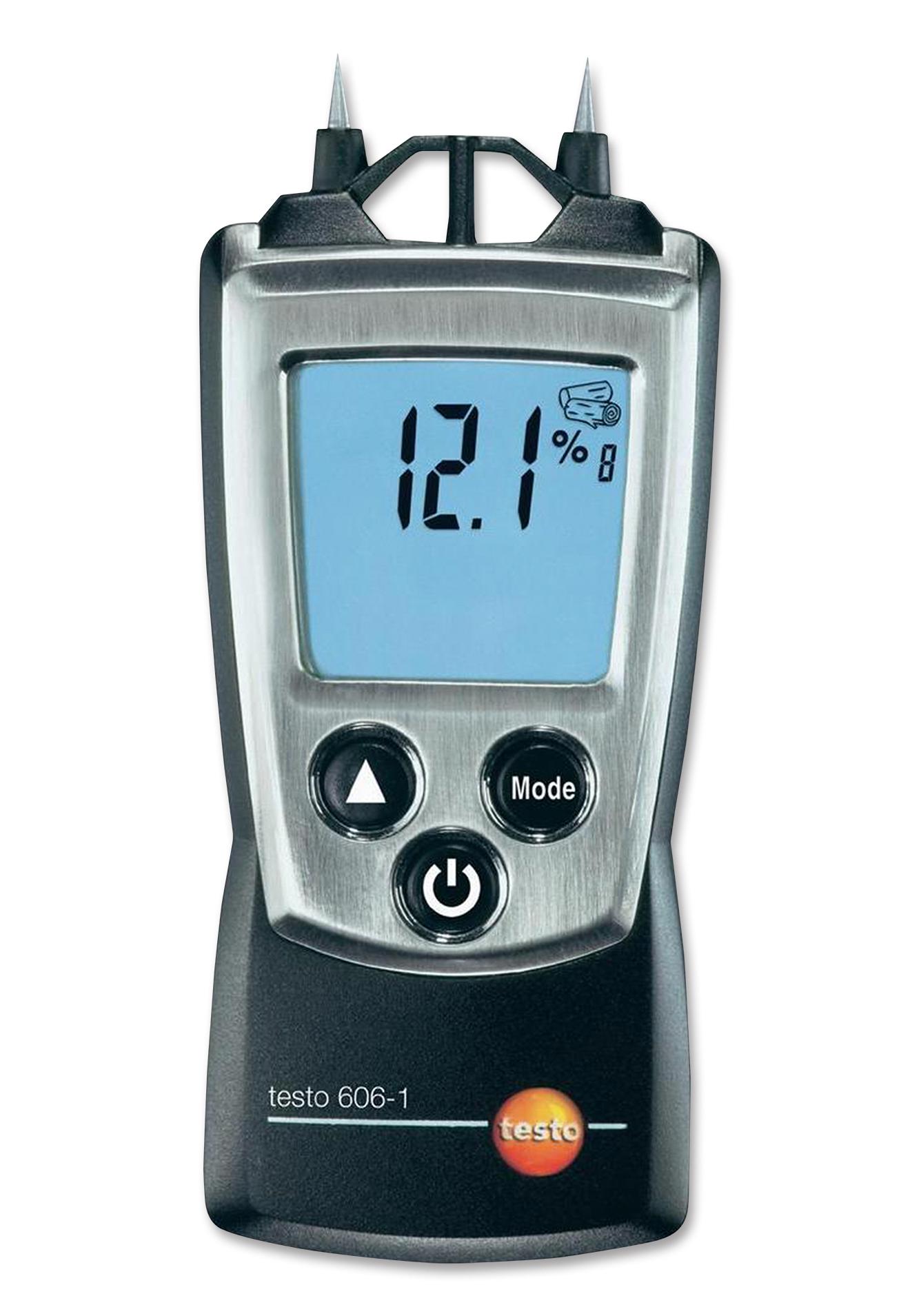Why Every Home Owner Demands a Moisture Meter: Trick Benefits and Attributes
Why Every Home Owner Demands a Moisture Meter: Trick Benefits and Attributes
Blog Article
The Ultimate Guide to Moisture Meters: A Comprehensive Overview and Just How They Can Conserve You Money
In the realm of structure upkeep, building and construction, and different markets, the importance of accurately gauging moisture degrees can not be overemphasized. Wetness meters serve as crucial devices in identifying and checking moisture material in materials, assisting in stopping costly problems and making certain the quality of products. Understanding the nuances of different sorts of dampness meters, their applications, and the potential cost-saving advantages they provide can be a game-changer for companies and professionals alike. Discovering exactly how these devices can not just simplify processes yet likewise add to financial cost savings is a journey worth embarking on.
Kinds Of Moisture Meters
Numerous sorts of moisture meters are readily available for different applications in numerous industries. One typical kind is the pin-type wetness meter, which measures the electric resistance between 2 pins put into a product. This type appropriates for wood, drywall, and various other building materials. Pinless wetness meters, on the other hand, usage electro-magnetic sensor plates to scan a bigger location without causing damages to the material's surface. These meters are excellent for rapidly examining wetness degrees in huge areas such as wall surfaces and floorings.
In addition, there are additionally specialty moisture meters developed for certain products like soil, hay, or grain. These meters offer precise dampness analyses customized to the one-of-a-kind properties of the material being evaluated. Infrared wetness meters determine the thermal residential properties of a product to identify its dampness web content non-invasively, making them beneficial for applications where pin or pinless meters might not appropriate. Recognizing the different sorts of wetness meters available can help industries pick one of the most suitable tool for their particular moisture dimension demands.

Advantages of Utilizing Moisture Meters

Furthermore, making use of dampness meters can lead to boosted power effectiveness. In agricultural settings, moisture meters play a crucial role in maximizing plant returns by allowing farmers to keep an eye on soil moisture degrees and make notified irrigation choices.
Just How to Select the Right Moisture Meter
Choosing the appropriate dampness meter includes considering vital variables such as product compatibility, measurement array, and calibration accuracy. When choosing a wetness meter, it's vital to guarantee that the meter appropriates for the specific product you will be screening. Different materials have differing electrical residential properties that can impact dampness readings, so picking a meter made for your material address is crucial for exact results. In addition, consider the measurement variety of the moisture meter. Make certain that the meter can discover dampness levels within the variety required for your applications. Calibration precision is another vital factor to keep in mind (Moisture Meter). Go with a moisture meter with reputable calibration to guarantee constant and specific readings. Some meters may need periodic calibration adjustments, so comprehending the calibration process is crucial. By thoroughly go to this site assessing these variables, you can choose a moisture meter that satisfies your demands and provides accurate dampness dimensions for your projects.
Appropriate Strategies for Moisture Meter Use
To ensure exact wetness readings and make the most of the efficiency of a wetness meter, utilizing correct strategies is necessary. When utilizing a pin-type dampness meter, put the pins or probes into the product being evaluated until they make full contact. By following these appropriate techniques, individuals can count on their wetness meter to give reliable wetness levels, assisting in protecting against expensive damages or making certain quality in numerous applications.

Expense Savings Through Moisture Meter Applications
How can the calculated use of moisture meters cause considerable cost financial savings throughout various industries? Dampness meters play an important duty in price financial savings by avoiding prospective damage and ensuring quality assurance in different industries. In the agriculture market, wetness meters help in identifying the optimal time for harvesting crops, preventing over-drying or excess wetness that can influence the end product's high quality. This exact monitoring helps farmers prevent unnecessary losses and optimize their return.

Moreover, in the food processing market, moisture meters are necessary for monitoring product quality and making certain compliance with safety and security regulations. By accurately measuring dampness material in food, makers can prevent wasting, preserve freshness, and decrease waste, resulting in substantial price financial savings. Overall, the critical application of dampness meters is a useful financial investment that can result in substantial expense reductions and enhanced performance throughout different sectors.
Final Thought
In verdict, dampness meters are useful devices for gauging and spotting wetness degrees in different materials. By utilizing the best wetness meter and complying with proper strategies, individuals can properly stop expensive problems triggered by excess moisture. Buying a quality moisture meter can lead to significant cost financial savings in the lengthy run by identifying possible concerns beforehand and making it possible for punctual removal. Inevitably, dampness meters are important instruments for keeping the honesty and durability of materials and frameworks.
Wetness meters offer as important tools in spotting and keeping an eye on moisture content in products, helping in avoiding expensive problems and ensuring the quality of products. Infrared dampness meters measure the thermal homes of a product to establish its moisture material non-invasively, making them helpful for applications where pin or pinless meters may not be suitable.Dampness meters offer vital advantages in properly checking and evaluating moisture levels in diverse products and environments. In farming settings, moisture meters play an essential role in enhancing crop returns by enabling farmers to monitor soil moisture degrees and make notified irrigation decisions.In conclusion, moisture meters are important devices for discovering and gauging wetness degrees in different products.
Report this page